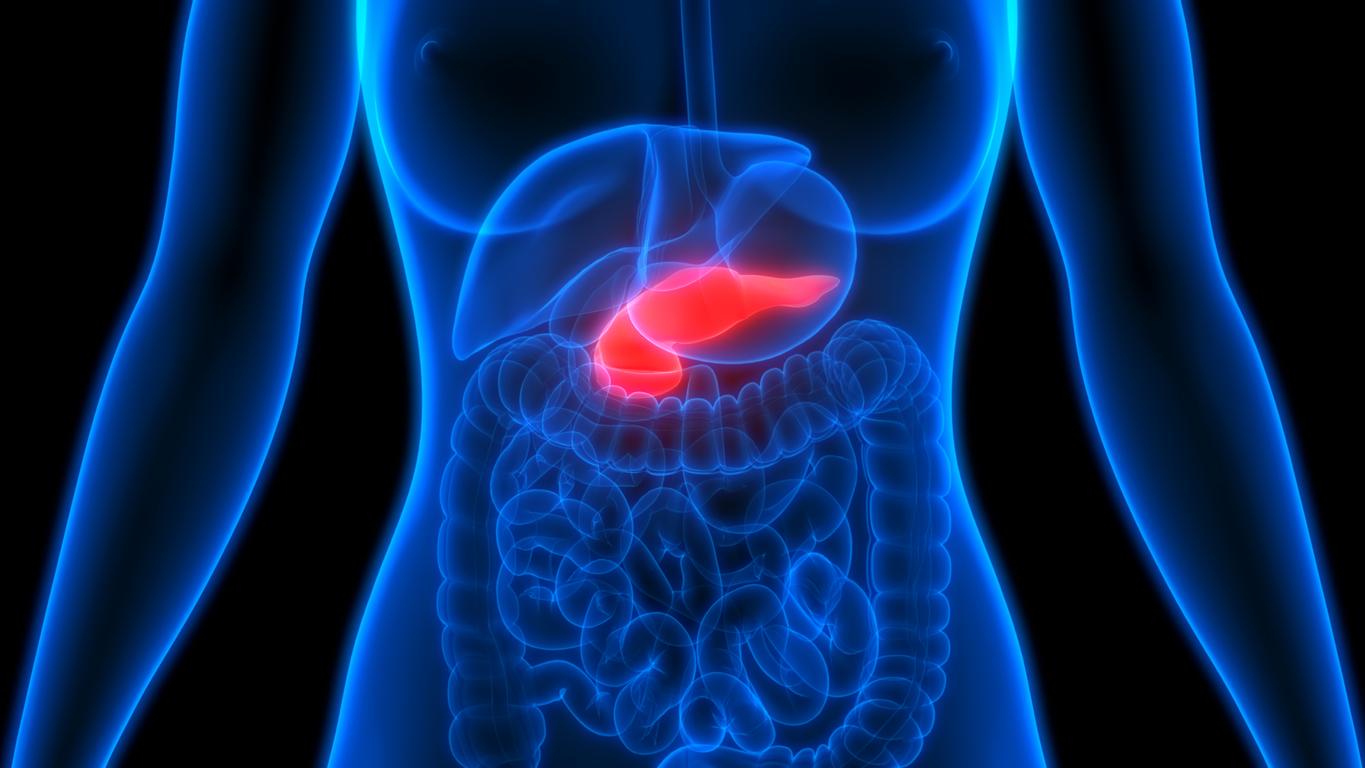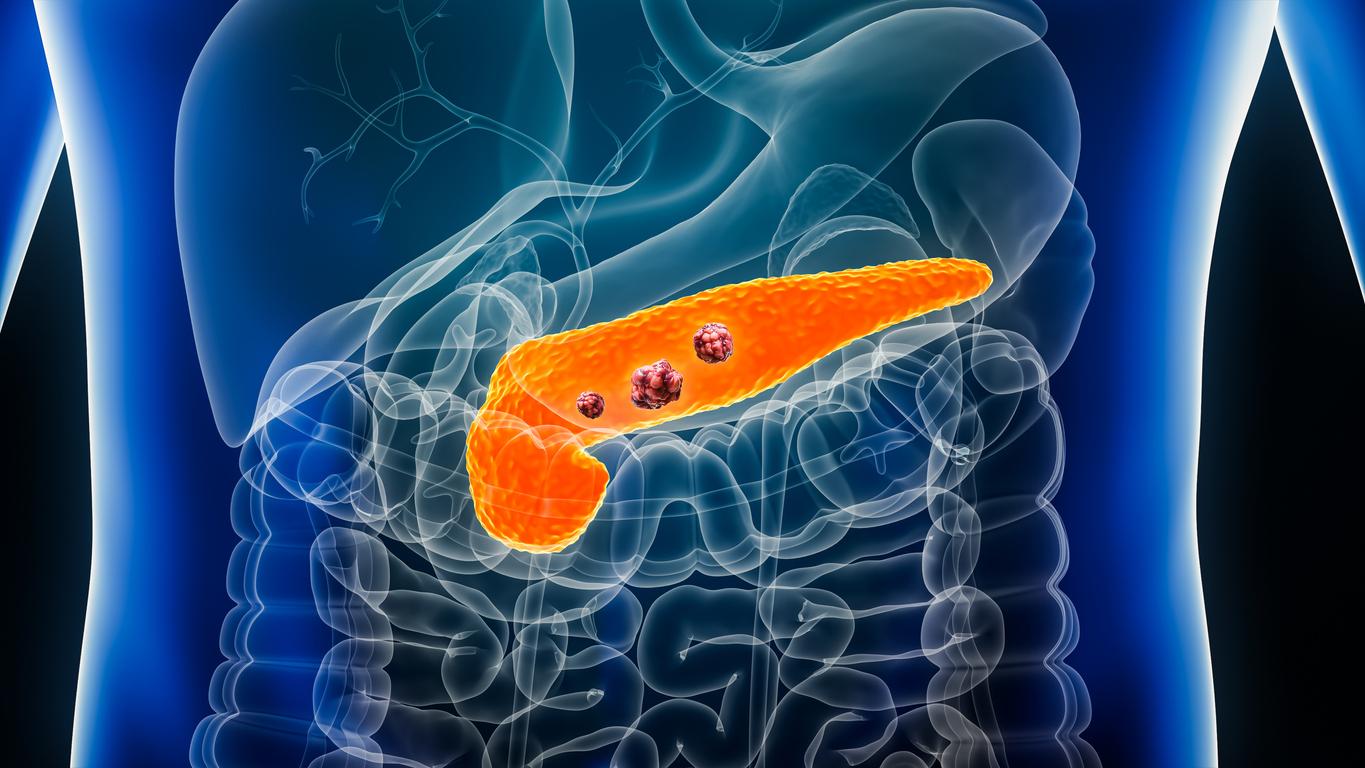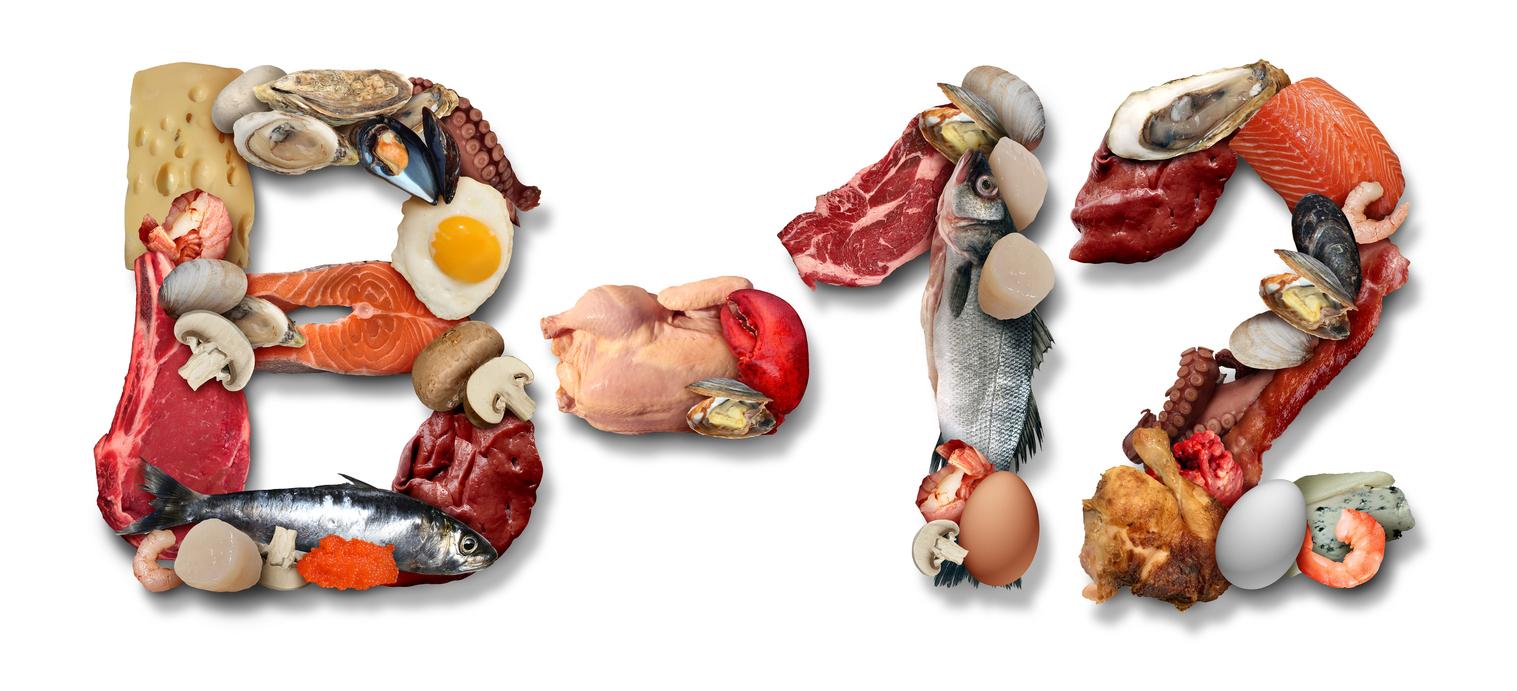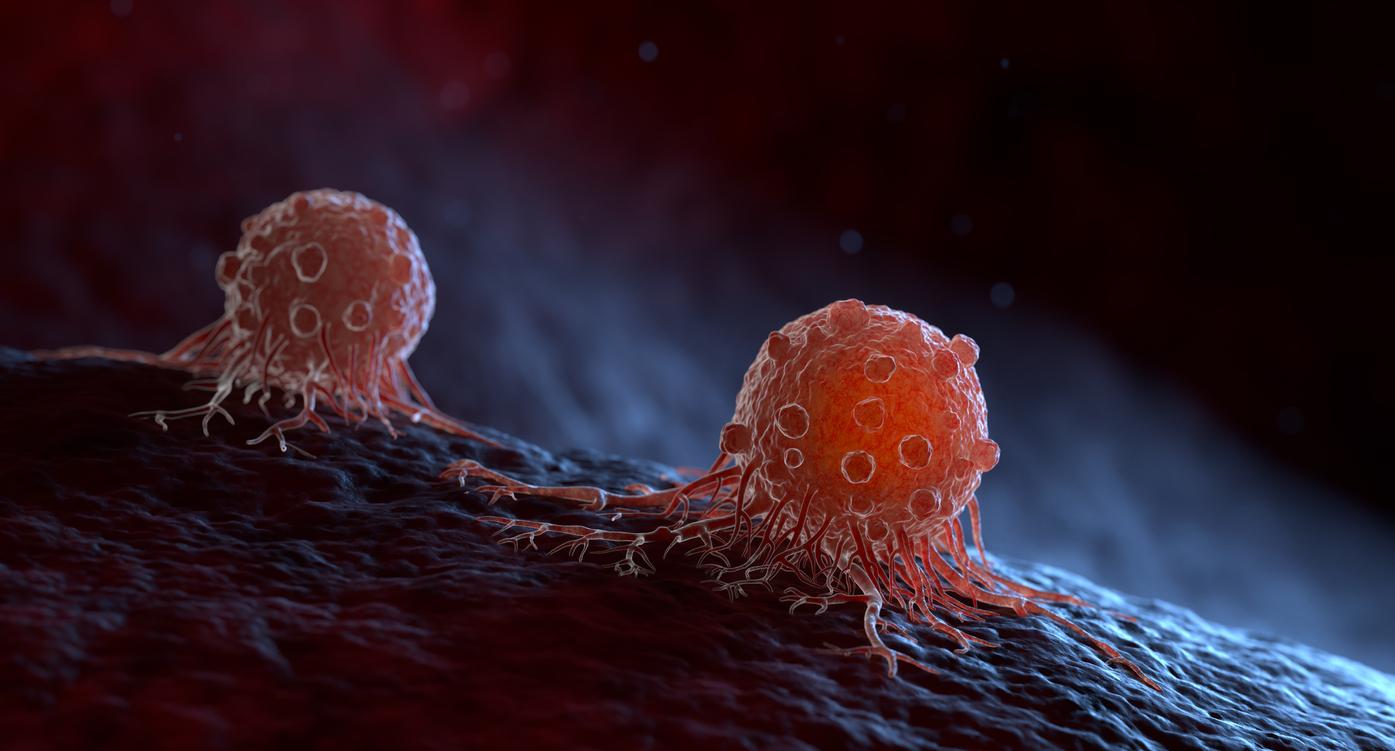Statins – drugs commonly used to combat high cholesterol – may prevent cancers that result from chronic inflammation, such as pancreatic cancer, according to a new study.
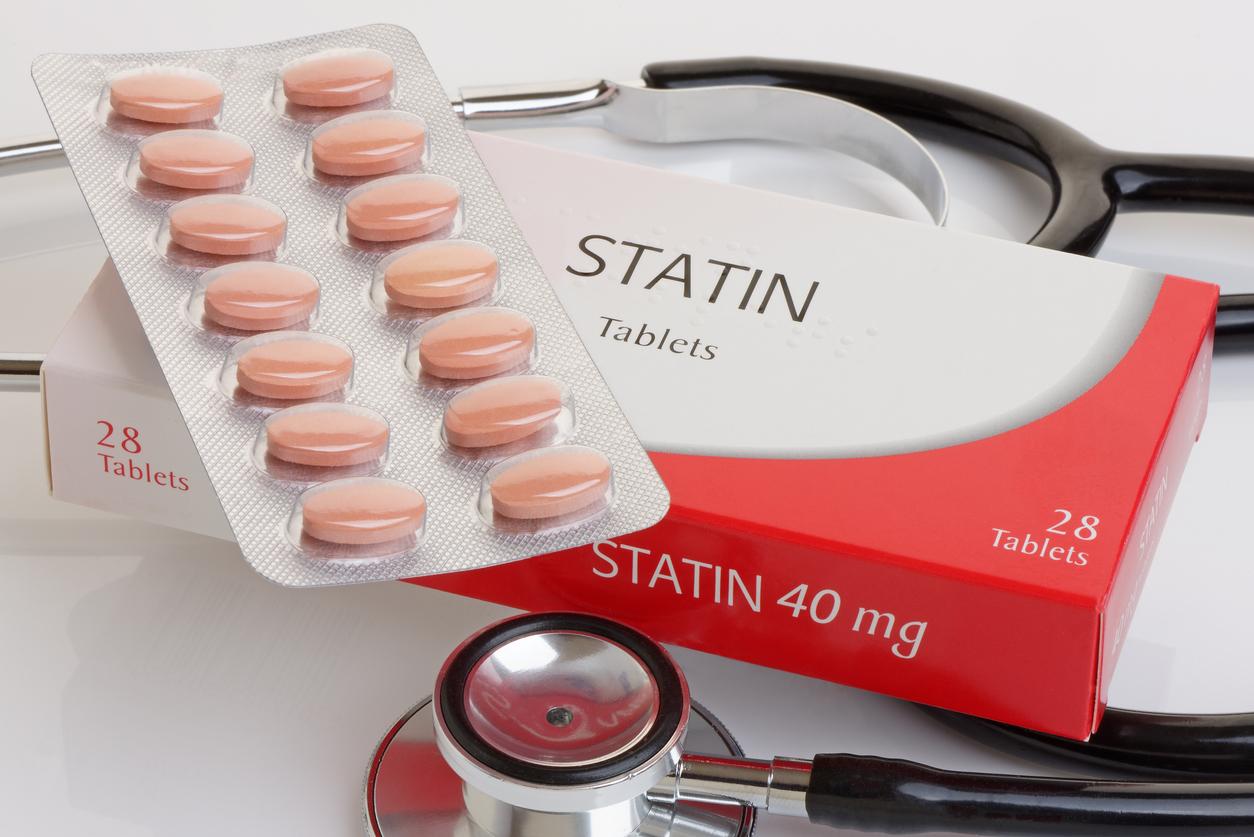
- Environmental toxins, such as those caused by exposure to allergens and chemical irritants, create a cascading effect that stimulates inflammation in the skin and pancreas that can lead to cancer.
- Using the statin drug pitavastatin can stop this cascade effect, preventing cancers linked to chronic inflammation, the researchers say.
- The team will continue its research to better understand the impact of statins in preventing the development of cancer in cases of chronic inflammation.
Statins, which appeared in the late 1980s, are prescribed to treat high cholesterol. But they could also be used as an anti-cancer weapon, according to researchers at the Mas General Cancer Center (USA).
They found that cholesterol-lowering treatment could help prevent cancerous tumors from developing by blocking inflammatory proteins.
Their results were published in Nature Communications May 30, 2024.
Interleukin-33 protein contributes to cancers linked to chronic inflammation
The researchers first studied human tissue samples, epidemiological data and animal studies. They found that environmental toxins – such as those caused by exposure to allergens and chemical irritants – promote the production of a protein called interleukin-33 (IL-33). IL-33 is known to stimulate inflammation in the skin and pancreas, which can contribute to the development of cancer.
Indeed, analysis of human pancreatic tissue shows that IL-33 levels are higher in patients with chronic pancreatitis and pancreatic cancer compared to people without these pathologies.
The scientists then had the idea to look at whether a drug, already approved by the US Food and Drug Administration, had the ability to fight this protein. They discovered that a statin known as pitavastatin, effectively suppresses the expression of IL-33 by blocking the activation of the TBK1-IRF3 signaling pathway.

Pancreatic cancer: statin blocks protein production
Tests in mice showed that pitavastatin suppressed environmentally induced inflammation of the skin and pancreas. In addition, the drug prevented the development of inflammation-related pancreatic cancers.
“Furthermore, in analyses of electronic health record data from more than 200 million people in North America and Europe, pitavastatin use was associated with a significantly reduced risk of chronic pancreatitis and pancreatic cancer.”the authors specify in a communicated.
Thus, they believe that blocking IL-33 production with “Pitavastatin may be a safe and effective preventive strategy to suppress chronic inflammation and the subsequent development of certain cancers”.
“We aim to further examine the impact of statins in preventing cancer development in chronic liver and gastrointestinal tract inflammation and to identify other novel therapeutic approaches to suppress cancer-prone chronic inflammation.”adds lead author Dr. Shawn Demehri, a senior investigator at the Center for Cancer Immunology and Cutaneous Biology Research Center at Massachusetts General Hospital.







